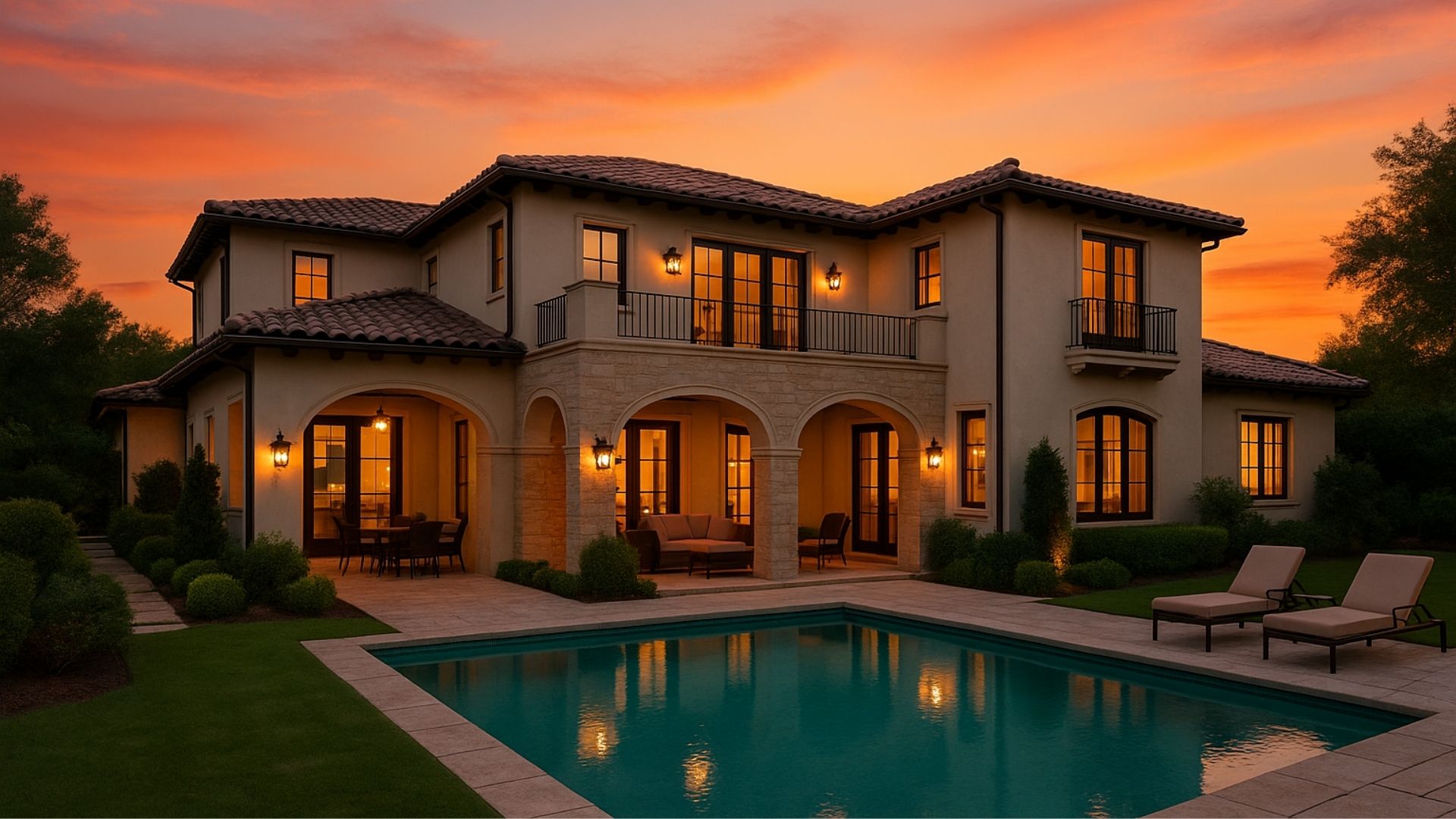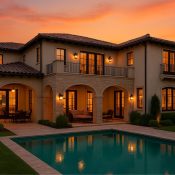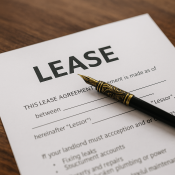
5 Things You Must Know Before Building Your Dream House
For many Zambians, building a home is more than just a personal milestone. It is a statement of progress, security, and legacy. It is the moment you stop paying rent and start investing in something that is truly yours. But as exciting as this journey is, it can also be filled with land issues, budget nightmares, and contractor disappointments if you are not properly prepared.
Over the years, I have seen too many friends and families rush into home construction only to find themselves stuck halfway through the build. Some even end up chasing people who disappeared with their money. If you are thinking of building, here are five hard-earned lessons I wish every aspiring homeowner knew before laying that first brick.
1. First, land is everything. Secure the right one
Before you start dreaming about floor tiles or ceiling lights, the most important thing you need is land with a proper title. I am not talking about a photocopy or a verbal agreement. I am talking about a legal, fully registered title deed.
Too many people have lost everything because they trusted a seller who claimed to know someone at the council or failed to do proper checks. Whether you are buying in a peri-urban area like Chilanga or a growing township like Silverest, take the time to verify ownership. If it is customary land, make sure you have written consent and documents that allow for conversion to leasehold. Always confirm that the land has no encumbrances, the boundaries are clear, and the council can issue planning permission.
2. Budgeting is not just about what you can afford. It is about what you didn’t expect
People often ask, “How much does it cost to build a house in Zambia?” My answer is always the same. It depends, and it usually costs more than you think. You can get a quantity surveyor to give you a detailed estimate, but real-world costs often shift.
There are always surprises. Cement prices fluctuate, labor costs change, and sometimes unexpected needs arise like sinking a borehole earlier than planned. And then there is your own taste. Maybe you spot a unique tile design or a better kitchen finish and decide to upgrade. This is why I always advise setting aside at least 15 to 20 percent of your total budget as a cushion. It could be the difference between moving in next year or two years later.
3. Your builder is not your designer. Work with qualified professionals
One of the most costly mistakes people make is skipping the architect. They hand over design decisions to a site foreman who may know how to build but lacks proper planning and design training. A well-designed home does more than look good. It performs well and avoids long-term issues.
I once toured a house in Chalala that had premium finishes but was almost unlivable in hot season due to poor ventilation. These things matter. Work with an architect registered with the Zambia Institute of Architects and consult a structural engineer. They will ensure your house is not only beautiful but also compliant with building codes and safe for long-term living.
4. Don’t skip the permits. Local councils are watching
Before you start digging trenches or bringing bricks on site, go to your local council and get all the necessary planning approvals. In Lusaka, this may involve the Lusaka City Council or the Ministry of Local Government depending on the scale of your project. Other towns and districts also have building inspectors.
If you build without approval, you risk having your project stopped or even demolished. I have seen this happen to people who thought their area was too remote to matter. It is no longer business as usual. Authorities are getting stricter and urban expansion is catching up. Follow the process and save yourself a headache.
5. Always work with a contract. Protect your money and your peace
Many construction stories end in frustration because of verbal agreements. The contractor stopped showing up. Materials disappeared. Or the work did not match what was promised. This is why you need a written contract, even when working with friends or relatives.
Make sure your contract outlines the scope of work, timeline, payment structure, and what happens if things go wrong. Avoid paying the entire amount upfront. Instead, pay in stages based on progress. A good contract is not about mistrust. It is about clarity and protection for both parties.
Final Thoughts
Building a house in Zambia is one of the most powerful financial decisions you can make. It allows you to create a home for your family, invest in your future, and contribute to the nation’s development. But it requires more than just money. It requires planning, patience, and wisdom.
Take your time. Ask questions. Get the right people on board. When the day finally comes and you walk into your finished home, you will be glad you did it the right way.



